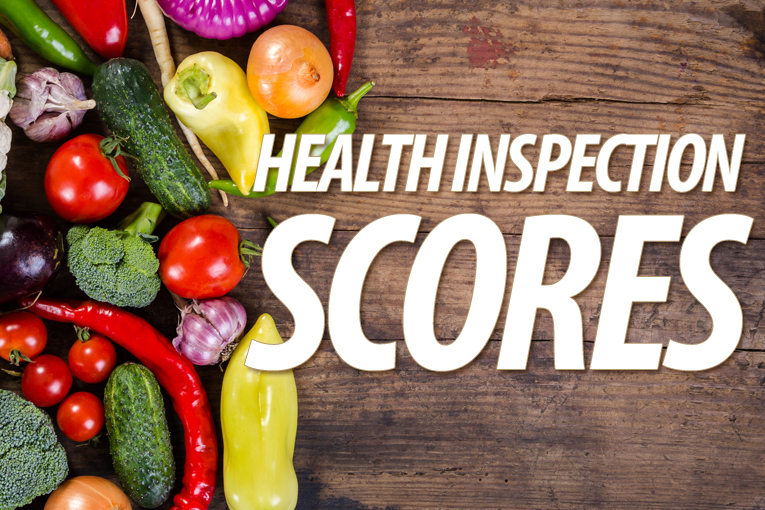Inspections of every establishment that serves food are conducted once every six months by the Tennessee Department of Health. Here is a list of recent health inspection scores of food trucks.
An explanation of the scores is below the list.
Scores
Here are the scores, according to the health department’s latest available information. These scores are directly from the Tennessee Department of Health.
| Business | Score |
|---|---|
| Tennessee Taco | 100 |
| The Brothers Burger | 100 |
| The Grilled Cheeserie | 100 |
| The Mobile Chef | 100 |
| Rolling Feast | 100 |
| Two Goats | 100 |
| Funk Seoul | 95 |
| Lil Choo Choo BBQ | 95 |
| Steaming Goat | 100 |
| Bao Down | 95 |
| Banh Mi and Roll | 100 |
| Califarmia | 100 |
| Crepe A Diem | 100 |
| 4 & 20 Blackbirds | 100 |
| Hoss' Loaded Burgers | 100 |
| Jay's Chicago | 100 |
| Julia's Homestyle Bakery | 99 |
| Little Cancun | 100 |
| Music City Briskit | 100 |
| Moe Better Fish,Bar-B-Que & Things | 99 |
Quick note: A business needs to have a score of 90 to be considered “passing.” If inspectors give a place a score below 90, they will give the business a chance to pass in a re-inspection shortly afterward. To stay open- and serving food at all- the place must make at least a 90 in the follow up. So it might help to think of these scores as on a scale not out of 100 but out of 10, from 91-100. That is not exactly correct, because a 90 is still a 90, but a 90 is the lowest score a place can have that is considered in the industry to be passing.
Inspections are once every six months, once between January 1 and June 30 and once between July 1 and December 31 of each year.
Info: There are two types of violations- critical and non-critical. According to the Tennessee Department of Health web site:
“Critical Violations: Violations of the Food Regulations, which, if left uncorrected, are more likely than other violations to directly contribute to food contamination or illness. Examples of critical violations include poor temperature control of food, improper cooking, cooling, refrigeration, or reheating temperatures.
“Non-Critical Violations: Violations not directly related to the cause of food-borne illness, but if uncorrected, could impede the operation of the restaurant. The likelihood of food-borne illness in these cases is very low. Non-Critical violations, if left uncorrected, could lead to Critical violations. Examples of non-critical violations include a lack of facility cleanliness and maintenance.”

















